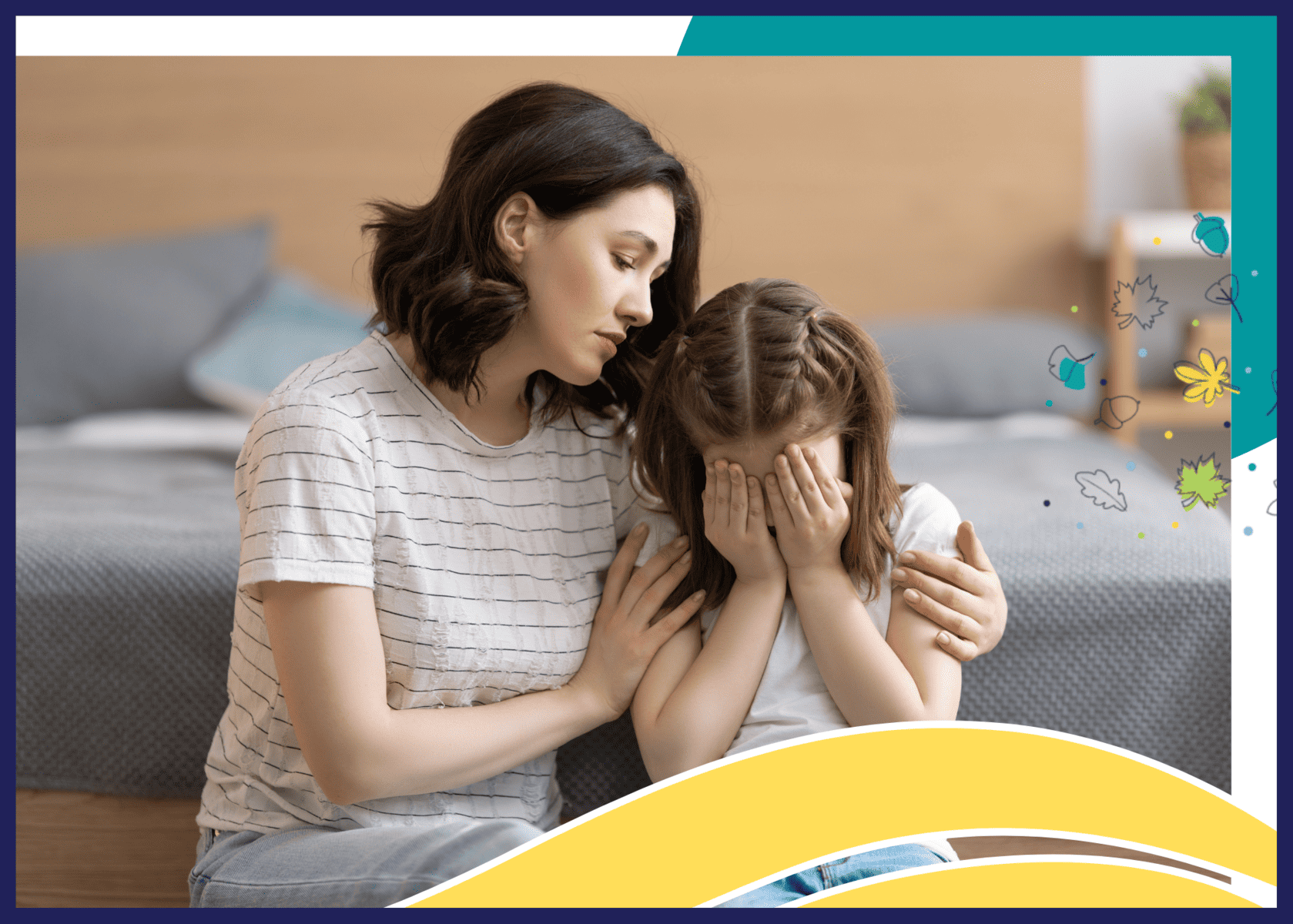3 Key Takeaways from SPACE (Supportive Parenting for Anxious Childhood Emotions)
At a recent training session focused on parenting anxious children and youth, one of our interns gained valuable insights into how parents can effectively support their children through moments of anxiety. We wanted to share these with you today.
SPACE (Supportive Parenting for Anxious Childhood Emotions), is a parent based treatment program for children and teens with anxiety, OCD, and related problems. This means that children do not have to attend sessions themselves, and do not have to be willing to make changes – parents are empowered to take the lead. This approach was developed at the Yale Child Study Centre, and has been found to be as effective as cognitive bahavioural therapy (CBT), and has the added benefit of keeping kids and parents connected and nurturing their relationship.
Here are some of the key takeaways:
The power of supportive statements
Sometimes parents can feel pulled in multiple directions, particularly when your child is anxious or upset. On one hand, you want to validate their emotions and experience. Our instinct might be to hug them and say, “I know how scary this is for you”. At the same time, we want to build their confidence. As parents, we want our children to grow up to be capable and empowered individuals. So, how do we find the balance?
This is the goal of supportive statements. A supportive statement is one that balances validating and confidence. Think of this as a two ingredient recipe- like macaroni and cheese. You cannot have macaroni and cheese without BOTH parts of the equation. A true supportive statement will have both validation of their experience and demonstrate confidence in their ability to handle the situation.
Examples:
This feels so scary, and I know you will be able to get through this.
I know this situation is really difficult, and you will still be okay.
Parents are separate from children
There is nothing that really compares to the love a parent has for their child. With this in mind, it is important to be able to maintain individuality and boundaries in order to best support and guide our little ones. This is particularly true in times of distress or anxiety. We cannot help our child through the waves of overwhelm if we take on their emotions as our own.
Imagine you were on a walk with your child, and they were to fall into a well. You may feel like jumping into the well, to be there with them and say that everything will be okay. The problem is that you need to be outside of the well in order to help them. This works similarly to taking on the emotional state of your child. If they are dysregulated, and you take on these emotions as your own, you will not be in a place to support them.
We cannot control the behaviour of others
…and that is not such a bad thing! Whether it be our kids, boss, or strangers, sometimes it is natural to wish we could just change the way someone else acts. Taking a pause to recognize what is and is not within our control can be freeing. Parenthood is the biggest project many of us will take on. We all have a vision of who we hope our child will become, often long before they even join our family. While we can guide them each day, and do our best to raise good people, we are unable to control their actions.
We are in control of ourselves. The decisions we make as parents matter, and this may be one of the most impactful takeaways from the SPACE technique. We may not be able to change how our child behaves, but by examining and making adjustments in ourselves and our own reactions, we can create a ripple effect of positive change throughout the household.
We are currently offering this treatment via groups to parents both locally in person and virtually across the province. To learn more or sign up, please visit the registration page for Empowering Parents.

Laura Belford, MA (Candidate), RP (Qualifying)
Clinical Intern




